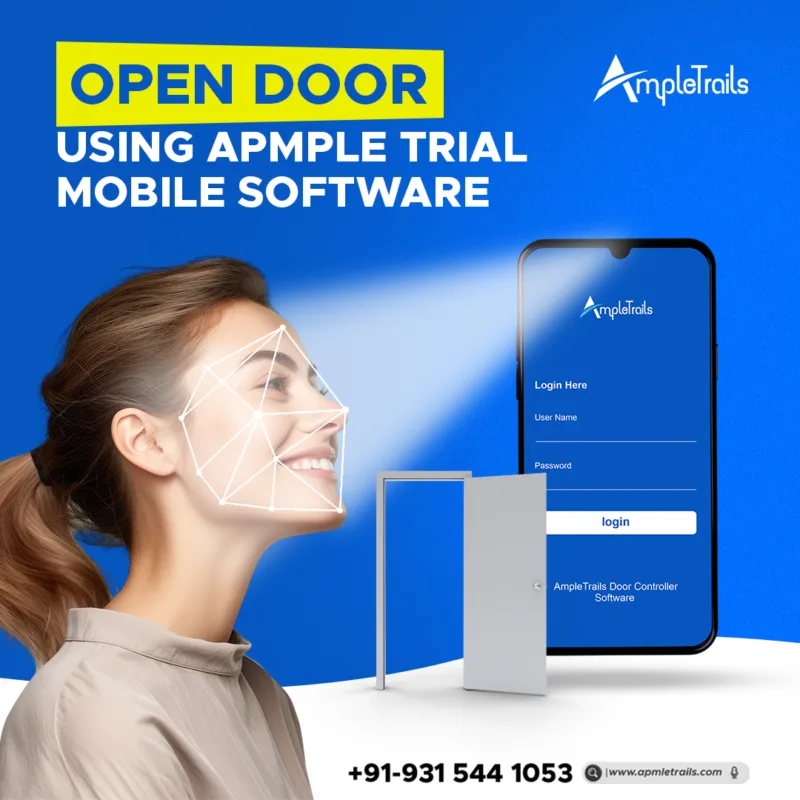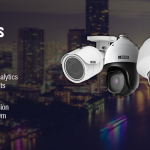In an era where convenience and security intersect, the evolution of access control systems is a testament to technological advancement. The door controller, a pivotal component in the domain of security, has undergone significant transformation, embracing the digital age with open arms. This piece delves into the innovative realm of API-integrated door controllers, a solution that marries functionality with flexibility, allowing for door access remotely via mobile apps, software applications, or QR codes.

Revolutionizing Access Control with API Integration
API (Application Programming Interface) integration in door controllers marks a leap towards smart, connected environments. This integration enables the door controller to communicate seamlessly with various software platforms, transforming how we manage and control access. Whether it’s a commercial building, a residential complex, or an office space, the ability to open doors remotely heralds a new era of convenience and security management.

The Mechanics of API-Integrated Door Controllers
At the heart of an API-integrated door controller is the principle of interoperability. By hosting the API on a server, these systems allow for real-time communication between the door controller and any authorized mobile app or software. This setup not only enhances security protocols but also introduces a layer of convenience previously unattainable. Users can now open doors without physical keys or access cards, but with a simple tap on their mobile devices or a scan of a QR code.
Advantages of Remote Access Control
The benefits of employing an API-integrated door controller system are manifold. Firstly, it elevates security measures by enabling real-time monitoring and control. Secondly, it offers unmatched convenience to users, who can now access or secure premises without being physically present. Additionally, it simplifies the management of access permissions, allowing administrators to easily grant or revoke access rights through the software interface.
Use Cases: Beyond Conventional Boundaries
The application of API-integrated door controllers transcends traditional boundaries, catering to various sectors including hospitality, education, and healthcare. In hotels, for instance, guests can use their smartphones as room keys, bypassing the check-in desk entirely. In educational institutions, administrators can control access to specific areas, enhancing campus security. Healthcare facilities benefit by restricting access to sensitive areas, ensuring that only authorized personnel can enter.
Implementation Considerations
Adopting an API-integrated door control system requires thoughtful consideration of several factors. Compatibility with existing hardware, the scalability of the solution, and the security of the API are paramount. It’s also crucial to ensure that the system is user-friendly, offering a seamless experience for both administrators and end-users.
Looking Ahead: The Future of Door Access Control
The integration of APIs in door control systems is just the beginning. As we look to the future, the potential for further integration with IoT devices and smart home ecosystems is vast. Such advancements could lead to even more sophisticated access control solutions, with features like biometric authentication, voice commands, and AI-powered security protocols.
Conclusion
API-integrated door controllers are not just a step forward in access control technology; they represent a paradigm shift towards smarter, more secure, and convenient management of access. By harnessing the power of software and mobile technology, these systems offer a glimpse into the future of security and convenience. As we embrace these innovations, the key to the future lies quite literally at our fingertips.
FAQs:
- What is an API-integrated door controller? An API-integrated door controller is a security device that allows for remote door access via software applications, mobile apps, or QR codes, facilitated by API communication.
- How does remote access improve security? Remote access allows for real-time control and monitoring of entry points, enhancing security by enabling immediate response to security breaches and streamlined management of access permissions.
- Can API-integrated door controllers work with existing doors? Yes, API-integrated door controllers can be designed to work with existing door mechanisms, though compatibility and installation requirements should be evaluated.


 Matrix Cameras
Matrix Cameras Matrix Product
Matrix Product Biometric Machines
Biometric Machines